Published
- 04:00 am
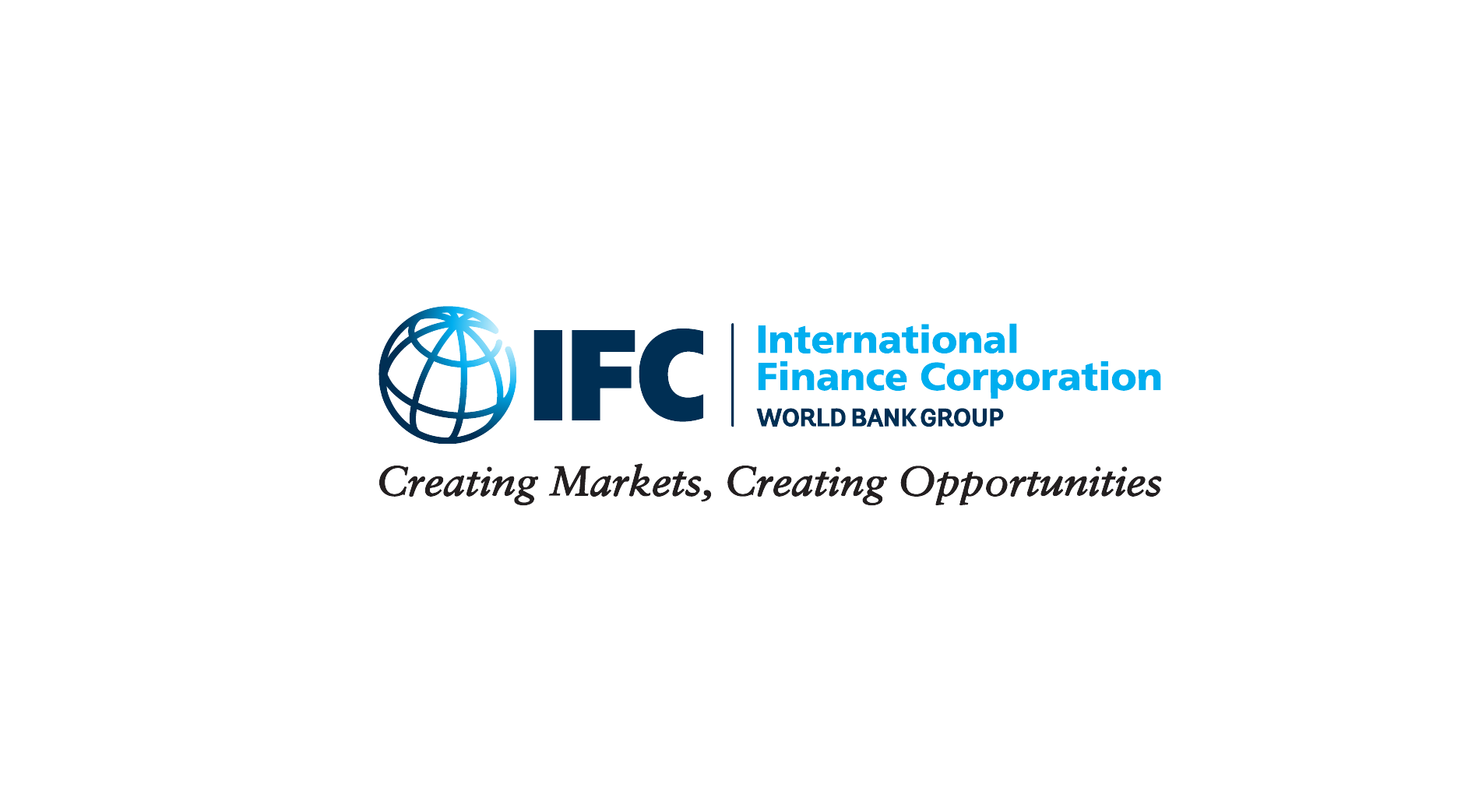
IFC Partners with Liquid Intelligent Technologies to Boost Africa’s Digital Infrastructure |
IFC’s latest investment in Liquid follows its investment in the company in February 2021 through Liquid’s bond placement on Euronext Dublin, Ireland’s main stock exchange |
To support universal and affordable broadband access in Africa, IFC has partnered with Liquid Intelligent Technologies (Liquid.Tech) to expand data center capacity and the rollout of fiber-optic cable on the continent. The partnership with Liquid Intelligent Technologies, Africa’s leading independent fiber and digital services provider, aims to increase digital connectivity and inclusion in Africa and to support the region’s growing digital ecosystem. IFC’s equity and debt investments in Liquid Intelligent Technologies, which to date total approximately $250 million, will support the company to grow its hyperscale data center capacity in Egypt, Kenya, Nigeria, and South Africa through its subsidiary, Africa Data Centres. As Africa’s population grows and is increasingly urbanized, data consumption is expected to grow strongly and with this comes the need for secure local data hosting. The investments will also support Liquid Intelligent Technologies in the continued rollout of its fiber broadband network, which today covers more than 100,000 kilometers of sub-Saharan Africa. The continued build out of its network will help to connect businesses and individuals to the Internet across the continent and position Liquid intelligent Technologies to be at the forefront of Africa’s digital transformation with the provision of complementary digital services. “We are very pleased that IFC continues to support Liquid. The investments in our data centers and fiber broadband network will directly support our growth plans over the coming years by encouraging the adoption of new services such as Cloud and other digital services, services that are critical in driving sustainable development across Africa,” said Strive Masiyiwa, Liquid Intelligent Technologies Executive Chairman and Founder. “Digital technologies are rapidly transforming how people, businesses, and governments communicate, transact, and access information and services. By working with Liquid Intelligent Technologies, we can help expand access to infrastructure and digital services that power Africa’s digital economy, creating new opportunities for growth and jobs. This is an essential element for Africa’s economic transformation and building back better,” said Makhtar Diop, IFC’s Managing Director. |
Related News
- 07:00 am
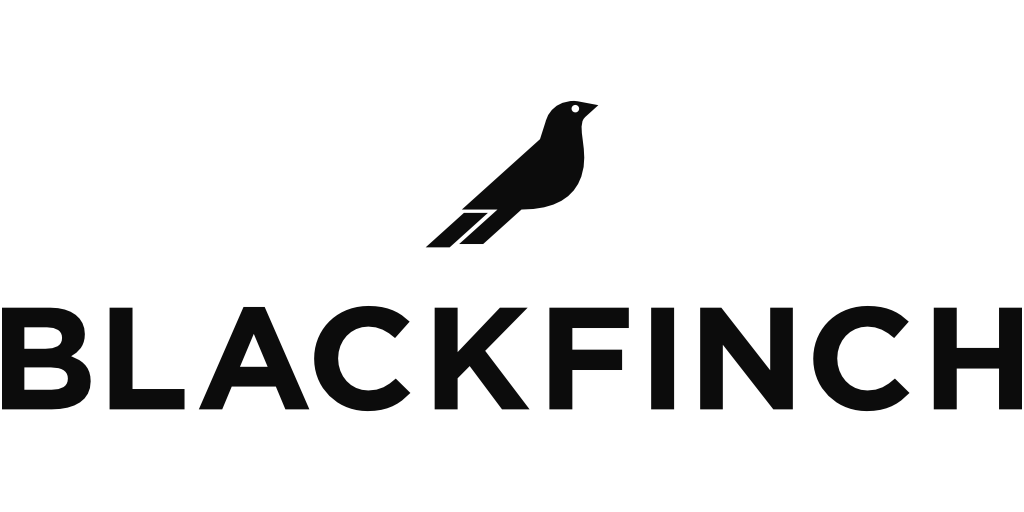
· Deals reflect Blackfinch Ventures’ commitment to innovative tech companies
· New investments include Payaca, Illuma, WatchMyCompetitor and Culture Shift
Blackfinch Ventures has completed on four new investment deals totalling £3.27million in a move which demonstrates its ongoing commitment to facilitating the growth of innovative technology and tech-enabled companies.
Business intelligence platform WatchMyCompetitor received a total of £1.0m, and Culture Shift, an online platform that is designed to identify and prevent harassment and bullying in the workplace, received £775k.
In addition, llluma Technology, a contextual advertising company which uses AI to learn from online browsing behaviour during live campaigns to reach target audiences, has received £1.1m, and job management software company Payaca received £330k.
This is the second cohort of investments for Blackfinch Ventures in 2021, which completed on 17 investment deals totalling in excess of GBP11 million ahead of the tax-year-end deadline in April. These included several follow-on investments, such as in commercial real estate valuation software firm Edozo.
Commenting on the latest investment update Dr Reuben Wilcock, ventures director at Blackfinch, said: “Blackfinch Ventures targets high-growth opportunities, as well as supporting start-ups, and early stage and growth stage businesses with technological potential.
“The focus is on disruptive businesses, offering products that address real world needs, with the capability to make an impact in global markets.
“This latest round of investments demonstrates our ongoing commitment to investing in businesses that deliver a solid return on investment, and we are delighted to now have the opportunity to work alongside these innovative and ambitious companies as they take advantage of the investment funds to fuel further growth and success.”
Earlier this year Blackfinch revealed it had raised a total of GBP10.6 million through its EIS Ventures Portfolios in the tax year ending April 2021, which has been invested in innovative start-up and early-stage technology companies across the UK in a variety of industry sectors.
A further GBP5.8 million was raised through its Spring Venture Capital Trust (VCT) which invests primarily in companies at the start of their growth journey.
The EIS portfolio now includes businesses such as Candidate.ID, Staffcircle and Kokoon, as well as digital vendor management platform Brooklyn Vendor Assurance, global client engagement platform Clientshare, embedded integration platform Cyclr, real-time market research company OnePulse, and hyper-realistic text-to-speech platform LSTN.
The latest round of investments is indicative of the wider Blackfinch Group’s commitment to helping to create a more sustainable world through its own focus on environment, social and governance factors.
Dr Reuben Wilcock added: “The growing Ventures portfolio is reflective not only of Blackfinch’s commitment to investing in innovative technology driven companies that reflect our own environment, social and governance (ESG) values, but also the value that those businesses see in having us as their investment partner and the role that we can play in furthering their growth ambitions.”
Investment summary:
New Investments:
· Illuma Technology – Total investment from Blackfinch Ventures GBP 1.1 million;
· Payaca – Total investment from Blackfinch Ventures GBP 330k;
· Culture Shift – Total investment from Blackfinch Ventures GBP 775k;
· WatchMyCompetitor – Total investment from Blackfinch Ventures GBP 1.0m.
· Total value – GBP 3.27million
Related News
- 03:00 am
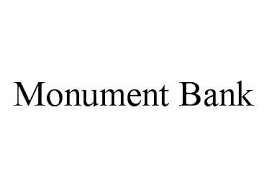
- First challenger bank in the UK to focus on the needs of ~4.8 million “mass affluent” clients: professionals, entrepreneurs, property investors, and others looking for a bank that is responsive to their needs
- Monument will operate as a deposit-taking institution with competitive savings products and offer clients property investment lending solutions
- Leading-edge technology combined with the skill and experience of professionals will set a new service standard in reliable onboarding and customer service
- Entering the next phase in building a financial institution which will seek to provide a broad array of innovative financial, wealth building, service, support, and lifestyle enhancing opportunities in phases over the coming months and years
Monument (or the “Bank”) is delighted to announce that the UK regulatory authorities, the Prudential Regulation Authority and Financial Conduct Authority, have lifted deposit restrictions on its licence, so it can now operate as a fully-licensed deposit taking bank, built during the Covid-19 pandemic.
Monument is the first neo-bank to be launched in the UK specifically to meet the unmet demands of mass affluent clients – approximately 4.8 million professionals, entrepreneurs, property investors and others – who are seeking a bank to help them save and grow their wealth (which is estimated at c.£6 trillion). Monument is uniquely focused on the needs of the mass-affluent and will demonstrate through its exceptional service, that it treats their time as more valuable than its own.
The Bank has raised £60 million in capital to date having successfully completed one of the largest Series A funding rounds in fintech-banking earlier this year and including our current fundraising round (which is shortly to close having exceeded £20m). Monument has attracted investment from highly-experienced investors, including respected figures in venture capital, private equity, fintech and real estate as well as a significant South American financial institution and S CUBE Capital, a fund managed by a Singapore based financial institution.
Mintoo Bhandari, CEO of Monument, said: “We are very pleased to share the news that the Regulators have given us the green light to proceed to commercial launch. We are ready and eager to serve clients, who we believe have been lacking a bank that is being developed to serve their needs and service requirements.
“While we never planned to build and launch a bank in the middle of a global pandemic, the timing could not have been more relevant as the demand for, and comfort with, digital finance has accelerated dramatically over the past 18 months.
“We are very excited to take our first steps of addressing the substantial, aspirational, hard-working, asset-rich but time-poor community which holds trillions in wealth in the UK and which lacks the right financial services partner.
“We will be entirely focused on understanding our clients’ needs and providing them with great service, enabled by technology, which we think will set a new standard. Our goal is to create an institution that truly understands this community, helps them save and grow their wealth, but which also recognises that there is more to wealth than money. Today marks an important step for us towards achieving that goal as we launch for clients as a fully-licensed bank”.
SAVINGS AND PROPERTY INVESTMENT LENDING
At launch, the Bank is offering clients buy-to-let and bridging loans to support experienced and busy landlords to manage and grow their portfolios. Clients will be able to borrow up to £3 million for buy-to-let property investments, supported by specialist relationship managers with deep experience of the market and understanding of client needs.
Monument will also offer easy access and various fixed term savings products very shortly, providing competitive rates which offer fair and flexible savings opportunities for individuals looking to save upwards of £25,000. Monument’s approach to client loyalty is fundamentally different as well: if an existing saver deposits money for a subsequent fixed term, they will get a better rate than a new customer. And an existing borrower who renews their loan, or takes an additional loan, will also be offered a favourable rate.
In addition, the Bank is developing a further suite of ancillary services specifically for the mass-affluent which will be launched in due course, which we refer to as ‘Member Services’.
Potential clients can now register their interest and join the waiting list on the Monument website - https://www.monument.co/register/ - to ensure they are among the first to experience Monument and hear about the Bank’s future products and services.
Bhandari continued: “We have assembled a team that really understands the clients we will be serving. Nowhere is this more evident than with our Lending specialists, with their many years of dealing with clients’ borrowing needs, who will truly bring a better experience to experienced landlords”.
TECHNOLOGY AND CLIENT SERVICE
Monument’s proposition marries exceptional client service with modern technology and as part of this it has developed an app which sits at the heart of its service. The app, shortly to be available on the App and Play store, will allow clients to open savings accounts in minutes, making the process one of the quickest in the market. Monument is continuing to develop its cloud-based, micro-services SaaS architecture, to set a new standard of experience for its clients.
Bhandari explained: “We are proud to bring to market an App that provides intuitive and highly efficient client onboarding and an immersive service experience. Through the App our clients will be able to interact with us by live chat, phone, video and email, and to switch between those channels at the touch of a finger.
“We believe we are the first bank in the UK, and possibly one of the first in the world, to offer simultaneous “video and co-browsing” capabilities, enabling our relationship team to interact with clients almost as if they were "in the same room", saving time by addressing questions “live” so their applications can be completed and processed as quickly as possible.
“We are focused on using technology innovatively to deliver great experiences to our mass affluent clients, and on establishing the standard that other financial institutions will aspire to match”.
Monument is designed to make the most of modern cloud and microservices technology – which enables a plug and play approach to new tech innovations as they are developed and as client requirements evolve – to deliver unparalleled speed, efficiency, convenience, and transparency.
The Bank – whose executives and board have held senior roles in HSBC, Barclays, McKinsey & Co, UBS, Goldman Sachs, Apollo Global Management, PWC, Coutts and the UK regulators, amongst others – received its “authorisation with restriction” license in October 2020. The removal of all restrictions today marks the successful completion of the last stage of the licensing journey – mobilisation – whereby Monument finished building the infrastructure and processes, expanded its team, and demonstrated to the regulators that it is ready for launch.
Related News
- 03:00 am

Digitalisation partnership enables Apex to more efficiently and securely deliver client services in full regulatory compliance, starting with its subsidiary entity, the Luxembourg-based European Depositary Bank (“EDB”)
Governance.com, the leading low-code process management platform for regulated companies, today announces the signing of a 5-year deal with global financial services provider Apex Group Ltd. (“Apex”), to implement a digital process management platform and systems. Starting with Apex Group’s Luxembourg-based entity, European Depositary Bank (“EDB”), Governance.com will deliver the new digitalisation partnership that will enable Apex to more efficiently and securely deliver services to its clients, underpinned by robust regulatory compliance.
By securely digitalising Apex’s process management systems step by step, the new process management platform will support EDB's depositary duties such as asset registration, ownership verification and regulatory oversight. The new platform solution will be used by EDB’s teams across several locations starting with Luxembourg and Ireland.
Governance.com’s FinTech solutions are based on a low-code and open architecture approach that supports Apex’s “digital first” agenda and enable it to be an early adopter of FinTech in the space of regulatory process management.
Through EDB, Apex offers independent banking, depositary and custody services to institutional investors and asset managers for UCITS and alternative investment structures, spanning the full spectrum of asset classes. The new deal will be executed with the support of global consultancy Alpha FMC to ensure expedient and effective implementation.
Peter Hughes, CEO and Founder, Apex Group comments: “This new digitalisation partnership with Governance.com is indicative of our commitment to providing our clients with the widest range of services in the market, underpinned by the highest levels of regulatory compliance. By automating process management for regulatory checks and related operations, we are continually improving our efficiencies and service offerings to our clients, as we grow and expand our range of solutions.”
Bert Boerman, Chief Executive Officer and Co-Founder of Governance.com, says: “We are excited to work with this global leader in financial services. Working together with EDB and Alpha FMC experts to quickly deliver our low-code process management platform and solutions means Apex entity, EDB, can perform its regulated duties while serving clients in a more efficient way. We look forward to supporting the Apex Group to digitalise operations and services, one process at a time so that these are more cost-effective, efficient and secure.”
Holger Barth, Managing Director, European Depositary Bank, adds: “EDB is delighted to be collaborating with Governance.com to implement a market leading solution based on fundamental business experience and modern technology. This partnership will support our fast-growing business and enable us to serve our global client base more efficiently across borders and multiple regulatory jurisdictions while exercising regulatory rigour.”
Related News
- 05:00 am
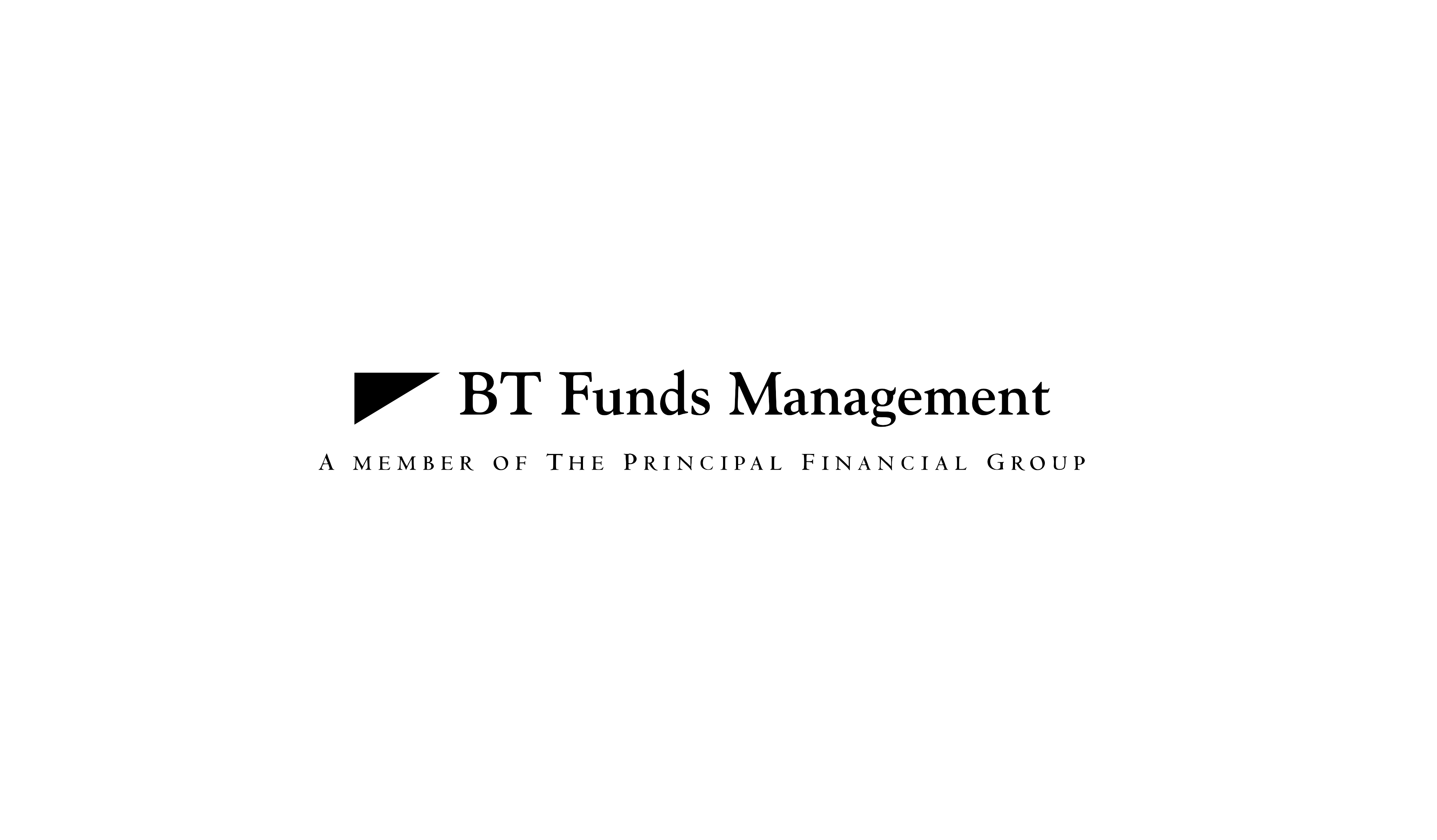
As the entire world watches heads of states’ debates on effective actions against climate change at the UN Climate Change Conference (COP26), many investors want to take the initiative into their own hands. BT Funds Management (BTNZ), which is Westpac NZ’s KiwiSaver and managed investment arm, has now committed NZD200m to a new Paris-aligned climate investing strategy managed by Legal & General Investment Management (L&G). The new product, which is in line with a 1.5°C scenario, tracks the Solactive L&G DM (ex AU-NZ) Paris-aligned ESG SDG Index. The index was developed in a joint effort between Solactive, BTNZ, and L&G.
The Paris agreement is recognized as one of the world’s most significant conventions. Its main goal is to keep the increase of global average temperature below a critical threshold of 2°C. While this limit already poses a challenge to the global community, BTNZ’s new product goes even further below the critical point of 2°C and accounts for a reduction of greenhouse gas emissions that are in line with a 1.5°C pathway. The underlying index, the Solactive L&G DM (ex AU-NZ) Paris-aligned ESG SDG Index, is an equity index including listed companies from developed markets (excluding Australia and New Zealand). It is designed to incorporate ESG as well as the UN’s Sustainable Development Goals (SDGs) and to meet the strict EU Paris-aligned Benchmark requirements. To achieve its desired 1.5°C scenario, the index, from the start, reduces its average carbon emissions intensity against its benchmark by 50% and features additional year-on-year self-decarbonization of 7%.
In addition to its climate and highly rated ESG performing companies tilt, the index incorporates a broad ESG screening based on normative and sectorial criteria. More precisely, companies that do not comply with the UN Global Compact filter including labor, human and environmental rights, as well as companies deriving, among others, their respective revenue from coal, oil, and natural gases, are excluded from the index. Furthermore, companies with a low SDG-score, as evaluated by L&G and including environmental, social, corporate governance, and transparency criteria, are excluded from the index universe.
“Tackling climate change is, undoubtedly, one of the most challenging issues of our time, and with BTNZ’s new climate investing strategy, investors receive a powerful tool to make the world a greener place. In addition to its climate focus, the often less regarded but equally important concerns of governance and social matters are also addressed in the strategy, rendering the product a holistic approach to ESG, and not only focusing on climate change. Working with BTNZ and L&G on this index was very productive, and we cannot wait to deliver more ESG strategies with them,” comments Timo Pfeiffer, Chief Markets Officer at Solactive.
“We believe investing sustainably is a powerful way to achieve results both on and off the balance sheet. We believe that companies who follow that approach will contribute positively to the world in which we all live, and will also perform well financially over the longer term,” comments Philip Houghton-Brown, Head of Investment Solutions, BT Funds Management NZ.
Related News
- 03:00 am

One of Singapore fastest-growing digital agency didn't get there by chance with close to a hundred employees based in Singapore now. Their rapid growth has been fueled by their dedication to innovation and by constantly pushing the boundaries.
And they are at it again.
Owned by Australian Rich-Lister Nick Bell and headed up by Shane Liuw, General Manager of the Singapore office, First Page is a part of a larger network of agencies that are now being consolidated under one umbrella 'superbrand' - Superist.
With First Page leading the way, Superist is looking to make its mark on the global digital scene. As well as launching their new 'superbrand', Superist is also offering their own NFTs and already is accepting cryptocurrency for client payments.
As part of its launch, Superist has released nine NFTs on OpenSea, each depicting a key leader in the global group. Each NFT also comes with one hour of each leader's time, which can be redeemed straight away, or at a later date. The longer the owner of the NFT holds on to the time, the more valuable it becomes as the group achieves more success.
The group, which is currently comprised of Appscore (Australia), Chili (Brazil, Panama, Mexico), CODI Agency (Australia) First Page (Australia, Hong Kong, Singapore), Lisnic (Australia), Primal (Malaysia and Thailand), Removify (Australia) and USEO (Middle East) provides a multitude of services including digital marketing such as SEO and SEM, content creation, reputation management, app and website development, celebrity speakers and online mentoring.
"This is a huge step forward in the right direction for us as an agency to leverage on our global network of resources in terms of sharing our regional campaign experiences and tapping into local market expertise and data. In turn, clients of First Page and Superist will be able to benefit from the unification of the group to serve their campaigns in a more collaborative manner." says First Page Singapore General Manager, Shane Liuw.
"As we aren't a listed group, Superist is completely independent, meaning we don't have to answer to shareholders so we can always put the needs of our clients first", explains Nick Bell, Managing Director of First Page and Superist. "We can push the boundaries with first to market initiatives that will help our clients stand out in the increasingly competitive digital landscape."
Clients for the group include McDonald's, Intel, Mercedes Benz, Changi Airport, Colgate, L'Oreal, Bayer, Under Armour, McLaren and the co-Founder of Netflix, Marc Randolph.
Related News
- 03:00 am
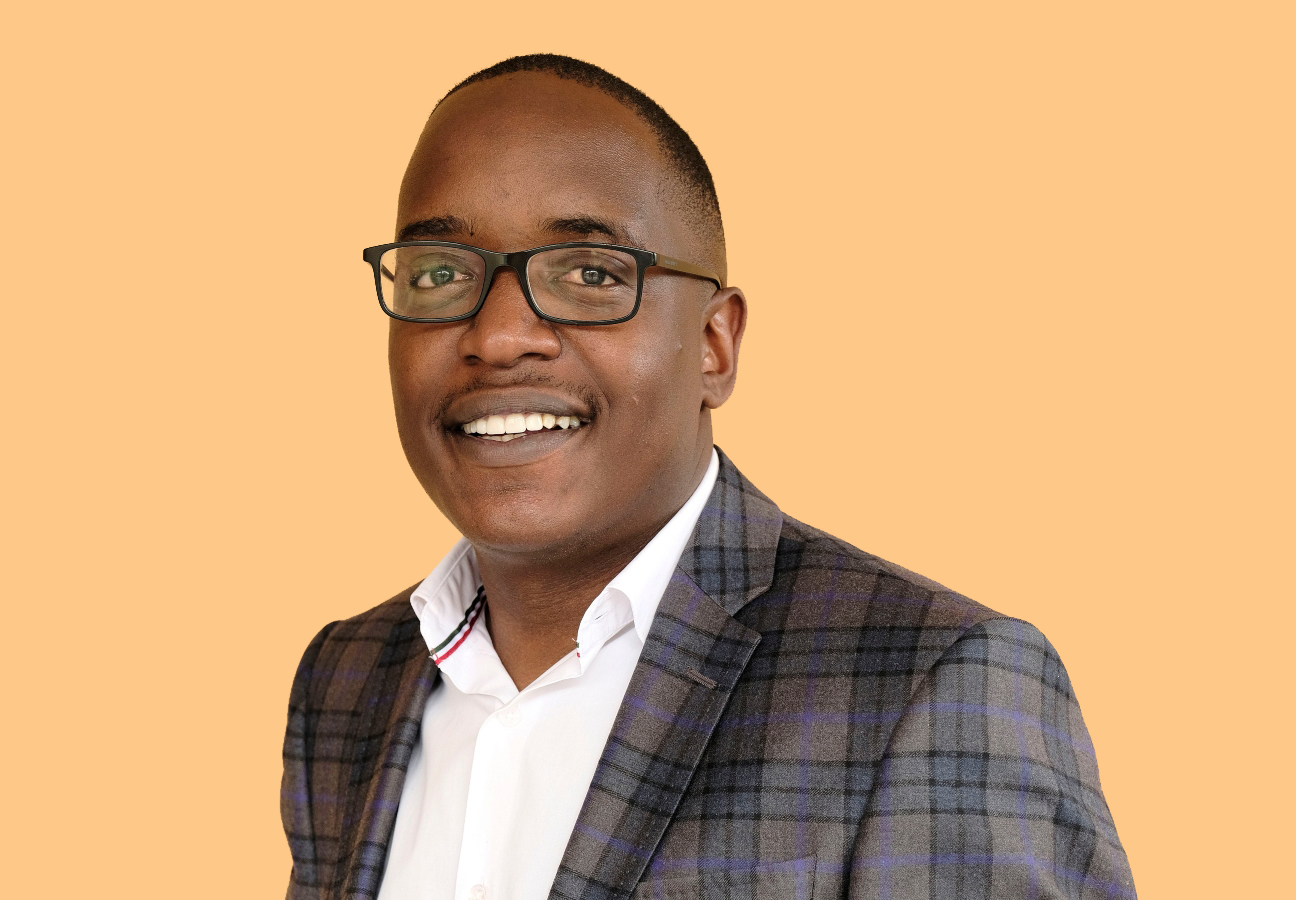
Information overload is, conversely, one of the biggest barriers to financial health. Here’s how to stop the analysis paralysis.
By Sakhile Mabena, CEO of OFIN
With the best intentions, many people turn to Google when trying to improve their financial health. And five minutes later, they give up. Why? Because searching for “how to improve financial health” delivers no less than 83 ‘steps’ to do so on the first page of the search results. Any would-be financial mogul has just been bombarded with so much information – some of it simple, some of it complex, and some of it conflicting – that they’re too overwhelmed to even start.
Down the rabbit hole
Though there’s an abundance of information available on any given topic today, the financial services sector is particularly prone to information overload. Financial products are often complex and can be overwhelming for consumers who aren’t financially literate or astute.
On top of that, the conventional view that the more choices we have, the more likely we are to find the best solution, is a fallacy. Research shows that if there are too many options, people are less likely to buy a product. More options require more time and effort to process, causing processing overload and leading to inertia or procrastination. Even if the more adamant consumer pushes through, they’re more likely to have buyer’s remorse - their high expectations, given the variety of options, leaves them feeling less satisfied than customers who had a limited selection.
Coming up for air
The answer? Limit the flow of information. As Voltaire said: Best is the enemy of good. By trying to learn everything about financial health, you’re setting yourself up for failure. So, limit yourself to two or three choices. Do some basic research, but stop there. It’s much better to get started somewhere and learn and adjust as you go along, than to aim for perfection and never achieve anything.
Secondly, set a deadline. Decide to read up for an hour or so each night and to then make your decision within a week. This can help you cut down the options.
Lastly, talk to someone in person. It doesn’t have to be a financial advisor, but it should be someone who has some experience and seems to be financially healthy. Ask them to guide you on how to get started.
Taking action
Information overload is, of course, not the only reason people don’t take control of their financial health. Once they have the right information and have set a goal, the so-called intention-action gap is the next big canyon they must traverse. Everyone has experienced the destructive cycle of setting a goal at New Year and not following through – and this applies to finances too. Sometimes, the reason is our tendency to favour immediate gratification over long-term rewards. Other times, the goal was simply too ambitious.
The best way to overcome the first is to use a so-called commitment device. In the world of finances, this could be a savings account that disallows withdrawals or imposes fees for early withdrawal, or a debit order that collects savings or retirement funds on payday.
For the over-achievers, remember to keep things simple. Aim for smaller goals – don’t overspend, take out insurance, aim to beat inflation, and continuously improve your skills – and trust that, in the long-term, these small steps will reap big rewards.
Related News
- 09:00 am

Airwallex, a global fintech platform, today announced at Singapore FinTech Festival that its Singapore entity, Airwallex (Singapore) Pte Ltd, has been granted a Major Payment Institution License by the Monetary Authority of Singapore (MAS) under the Payment Services Act. Airwallex is permitted to provide a suite of payment services including account issuance, domestic money transfer, cross-border money transfer, merchant acquisition and e-money issuance.
Airwallex will progressively introduce a suite of product and service offerings that will enable businesses in Singapore to operate and grow across the ASEAN region and globally. This includes a modern global business account, multi-currency wallet, company and employee cards, spend management, online payments, international collection & transfer and other value-add solutions for Small and Medium-sized businesses, as well as an API for larger enterprise businesses that require embedded payments and financial services.
Jack Zhang, CEO and Co-founder of Airwallex said, “We are pleased to have received regulatory approval in Singapore as we continue to make steady progress in Southeast Asia, scaling our payment offerings and solutions in the region for our customers. Receiving this approval reflects our robust policies, compliance framework and risk management systems we have put in place. We will continue to work closely with regulators and partners to ensure we facilitate a safe, effective and transparent way to manage their cross-border financial transaction needs. We look forward to launching our services in Singapore next year and enabling businesses in Singapore to operate globally without borders.”
Founded in 2015, Airwallex is one of the fastest growing financial technology companies today. The company has nearly doubled its headcount in 2021 to over 1,000 employees today across 19 locations globally, including Singapore. In September, the company also announced its entry in Southeast Asia after securing a money service business (MSB) license in Malaysia, followed by news of a US$200 million Series E fundraising round, raising its valuation to US$4 billion as it continues to focus on its regional and global expansion.
Related News

Gavin Smith
CEO at Panxora
Gavin Smith, CEO of Panxora comments: see more
- 08:00 am

Mastercard has been actively expanding its platform capabilities through the Mastercard Developers portfolio, adding a multitude of differentiated services to power new ways to pay, enhance the customer experience and infuse trust across the payments ecosystem. Taking both an organic and inorganic approach to growth, the company's acquisitions such as Aiia, CypherTrace, Ekata, Ethoca, Finicity and NuData combined with aggressive expansion of home-grown services on Mastercard’s platform present a rich suite of capabilities for partners to innovate. It’s now easier than ever to build with Mastercard.
“We’re making it super easy for fintech innovators to unleash the vast utility and scale of the Mastercard network to power new solutions,” said Oran Cummins, executive vice president, Developer First Product and Engineering. “We have a lot to offer, from cryptocurrency and open banking to data intelligence and identity solutions, and we’re continuously opening up more services and offering new state-of-the art tools. Today, builders and dreamers of any size from anywhere in the world can engage with us, rapidly integrate and take new solutions to market at a fast pace.”
The new digital age spawns a new set of players who are keen to co-create and innovate on our network. Therefore, providing a single point of entry to technology, products and partnerships as well as flexibility is the company's priority. Mastercard is publishing two new API services every month and our tools, access and expertise across the Mastercard Developers portfolio provides an express lane for fintech companies of all sizes to test and bring innovative solutions to market. Key components include:
- API Platform: Developers can access a vast array of Mastercard’s rich APIs, with tools such as detailed product and technical documentation, tutorials, reference implementations, sandboxes, client libraries, and success stories to enable rapid integration and inspire innovation.
- Fintech Community: Any fintech builder can sign up to be part of Mastercard’s new global fintech community of like-minded companies that use the platform to get inspired, stay informed and connect to peers, helping them evolve their business rapidly.
- Startup Programs: Select, high-potential fintech startups have the opportunity to co-create and innovate, gain customized expertise from Mastercard, and access a diverse customer base through the network’s global scale.
- Solutions: Explore a curated, customized portfolio of Mastercard products that enable fintech companies to operate as a trusted player in the market, spanning licensing of Mastercard’s brand as well as payments, data, security, analytics and fraud management, and consulting services.
- Partner Network: Qualified fintech enablers receive access to the Mastercard network to pre-integrate or bundle products and services so they are better equipped to meet customers’ needs and/or identify the right third-party partner to enable their own growth.
Doubling Down on Digital and Accelerating Financial Inclusion
Through fintech partnerships in 172 countries, Mastercard is powering innovation and delivering seamless experiences that accelerate our multi-rail strategy and enable a more financially inclusive future for all. Customers around the world, including TomoCredit, Superdigital of PagoNxt company from Santander Group, and Zeta are already engaged in the Mastercard Developers portfolio.
In the U.S., Mastercard partnered with TomoCredit to help people form healthy financial habits through a next-generation credit product.
“We wanted to build an offering that would help the millions of Americans who can’t access affordable credit, and we knew Mastercard had the right technology and infrastructure to help us turn this bold idea into a reality,” said Kristy Kim, CEO of TomoCredit. “We worked closely with Mastercard and Finicity to bring our proprietary underwriting system together with Mastercard’s open banking solution to offer inclusive credit products for the next generation of customers.”
Consumers today expect seamless digital payment experiences. That is why fintech companies in Latin America and the Caribbean now have a combined portfolio of more than 100 million Mastercard digital cards. The company’s continued commitment to enabling customers such as Superdigital, a global and digital platform for economic inclusion, to build out their digital-first consumer journey is demonstrated by 143% growth in Mastercard’s fintech portfolio in the region over the last three years.
“Today, there are still an impressive 300 million unbanked and underbanked people in Latin America. Therefore, it’s essential to look ahead to reach economic inclusion and change lives,” said Leopoldo Martinez, Global CEO of Superdigital. “It’s in this way that Superdigital joined with Mastercard, to help us provide a seamless digital-first payment experience in addition to financial literacy tools to accelerate our expansion into other markets. We are looking forward to the next phase of our partnership.”
Banking tech startup Zeta is contributing to the rapid digital transformation that makes consumers’ lives more convenient, simple and rewarding. Zeta helps banks and fintech companies to launch rich, modern credit card experiences for their customers on a cloud-native solution with 100% API coverage. Mastercard and Zeta’s long-standing partnership began in 2018 when the company joined the Mastercard Start Path program and continues to gain momentum. Looking ahead, Zeta will also participate in Mastercard’s digital enablement programs such as Digital First and Fintech Express.
Through the ever-growing Mastercard Developers portfolio, Mastercard is continuing to partner, collaborate and invest in what’s next – the marketplace, creator and crypto economies, to name a few – and provide the tools to take these innovative solutions to billions of consumers.









